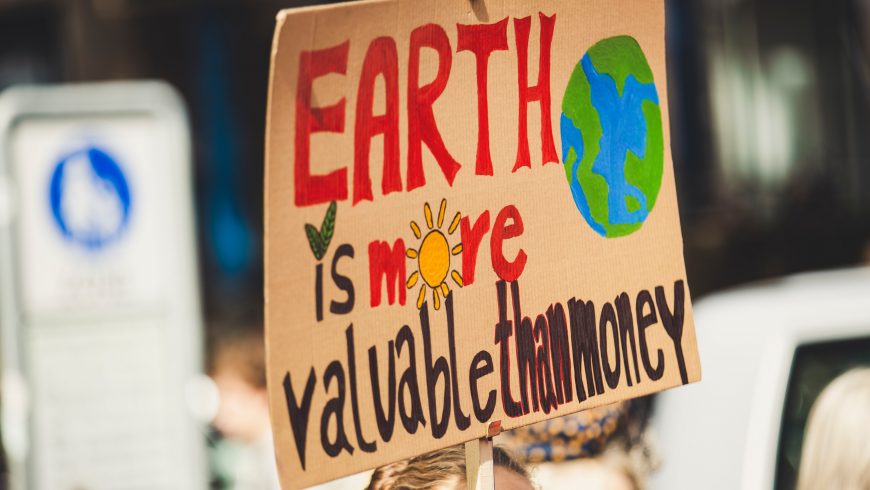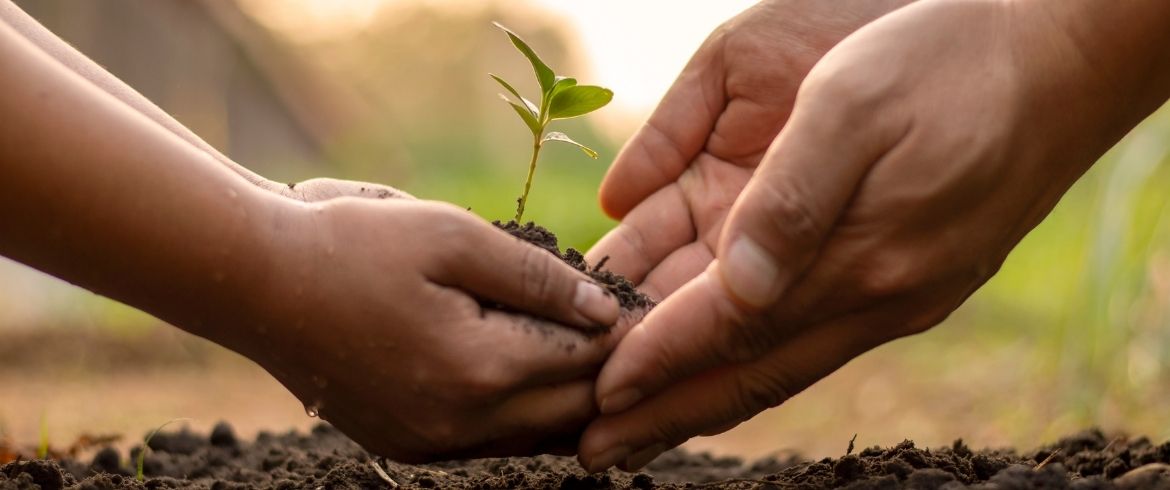An ecological footprint measures how much natural resources a human being consumes against the earth’s ability to regenerate them. Right now, man is consuming more natural resources in a year than the earth can produce in one year. By the GFN’s (Global Footprint Network) calculations, the earth will regenerate 12-month-consumed resources in eighteen months. It now falls to you and me to reduce our ecological footprint in ways we will mention in this article.
We make huge ecological footprints by the little things we do, like using paper and plastic and taking long showers. Making healthier day-to-day habits, like replacing items only when necessary, goes a long way in reducing an ecological footprint.
Opt for a Cleaner Transportation

There are different ways you can reduce your ecological footprint; transportation is one of the best ones. Driving contributes to the ecological footprint, so not driving when there is alternative combat the problem. You can bike, walk, or follow public transport when possible. If you don’t own a car, you reduce your ecological footprint this way by as much as 20%.
If you own a car, using it less will reduce it; you will avoid traffic jams and keep your city’s air clean. Besides driving your car less, you can also service your car frequently to keep its emission control system in top gear. Also, keep your car’s tires inflated adequately and check your car’s air filter regularly. Furthermore, avoid taking airplanes on short trips, and take a train or bus instead.
Use Energy-Saving Gadgets At Home

The gadgets you use at home for domestic chores also significantly contribute to your ecological footprint. Those home gadgets, like your blender, electric vacuum cleaner, refrigerator, and others, often consume high energy. Opt for energy-efficient appliances and dispose of used ones safely to reduce your ecological footprint. Also, ensure your ceilings and walls are well insulated; you might also want to use double-pane windows.
Go for energy-efficient appliances like faucets, toilets, and low-flow showerheads for your home. Rather than using energy-consuming design features, opt for green features instead, like recycled materials or a rainwater catchment recycling system. Additionally, go for sustainably-produced, second-hand, or recycled furnishings. Last but not least, go for biodegradable and non-toxic cleaning products for your home; this is good for your health and the environment.
Make Your Habits Energy-Efficient

Another significant way you can reduce your ecological footprint is by cultivating energy-saving habits in day-to-day activities. For example, use less air conditioning in summer and keep your thermostat relatively low during winter. Regularly check your air conditioner’s filters, keeping it clean and operating at peak efficiency. Also, make a habit of unplugging your electronics when you’re not using them; a power strip makes this easier.
A power strip is especially useful if you have a television, smartphone, or computer – which most of us do. That’s because even when turned off, these gadgets still sip power; a power strip ensures they don’t. Additionally, choose rather dry your clothes naturally as often as you can; use power-drowning tumble dryers less. Also, regularly defrosting your freezer and refrigerator will considerably bring down your ecological footprint.
Check Your Goods and Foods Footprint

Practically everything we do contributes to our ecological footprint, including the foods and goods we purchase at the supermarket. An ideal way to reduce your ecological footprint is by shopping at your local farmer’s market rather than the supermarket. Local in-season foods at the local farmer’s market don’t travel long distances to get to you. Plus, low-input farming, like organic farming, uses little to no fertilizer and pesticide, making their manufacturing energy-efficient.
In addition, go for foods without much packaging to reduce waste, and grow your own vegetables and fruits. Think about eating at least one meatless meal a week; if you can do it more than once, even better. Surprisingly, the livestock industry emits more greenhouse gases than the transport industry globally; vegetarians have half the ecological footprint of non-vegetarians. You don’t have to become a vegetarian; just go meatless once in a while.
Saving Water Makes Significant Impacts

Reducing the water quantity you use at home can reduce your ecological footprint significantly. For example, when you take shorter or less frequent showers, you save water and the energy required to heat it. Additionally, consider washing your car less often and taking it to a carwash instead; commercial car washes usually use less water. Also, consider running your washing machine and dishwasher only when full; this reduces your carbon footprint greatly.
You can also reduce your water footprint by turning off the tap while brushing your teeth and fixing household leaks. Also, avoid disposing of paints, medicines, and other pollutants down your sink. Drinking tea rather than coffee reduces your water footprint; producing coffee beans takes more water than growing tea leaves. Last but not least, go for quality rather than quantity when you buy anything; our clothes often use a lot of fresh water.
Conclusion

The responsibility for reducing ecological footprint lies on the consumers, you and I, as well as the manufacturers. People can make informed energy-saving decisions when businesses are transparent about their manufacturing processes, and governments take regulations more seriously.
When there’s sufficient information on the impact of certain elements or products on the ecological footprint, consumers can be responsible for their purchases. The little, seemingly insignificant choices we make daily impact our ecological footprint. Thus, making healthy and sustainable choices can positively affect the ecological footprint.





